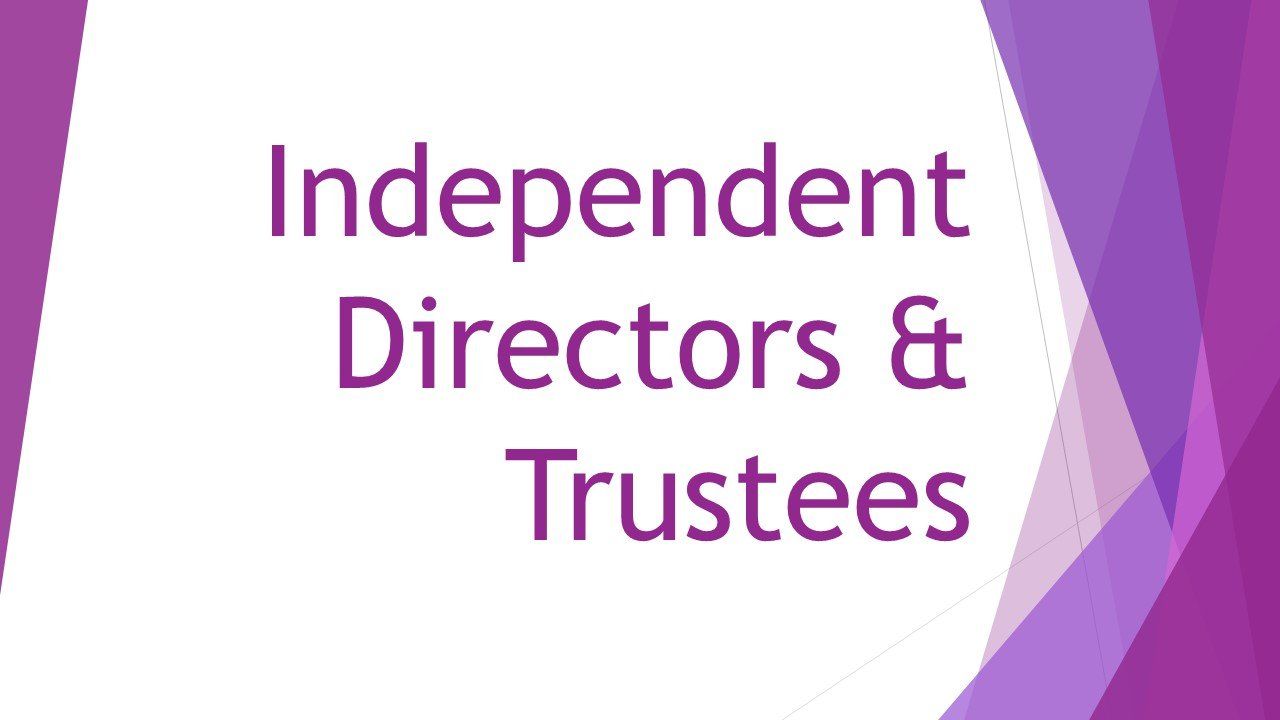Selling an Employee Owned Company
Based on our experience, an independent trustees' viewpoint on selling an employee owned company.

During 2023 IDT were the appointed independent trustee when 2 Employee Owned businesses were sold to 3rd parties – one to a trade sale, one to a PE firm. Here we share some of our experience.
2023 was an interesting year in terms of EO company sales. Often mentioned in passing, rarely discussed in detail, EO company sales do happen. To the purists of employee ownership they’re not acceptable. To the pragmatists, they’re a natural step for some companies as they either seek to expand and continue to grow, with their employees benefiting from this growth or they provide a route for salvation if things haven't progressed as planned.
As trustees, we recognise that, for the right companies, with the right purchaser, they can be the correct outcome for all parties, including the employees as beneficiaries. But we don’t see them as a primary driver for a company that is seeking to deliver long-term stability and employment for their current, and future, beneficiaries.
In the 2 scenarios we were appointed to, they were the right outcome and have enabled continued success.
In contrast, we have also been the independent trustee where a sale trade was proposed but, after being explained to all employees, was rejected by those employees, the founders and the leadership team as not being right for the business, its employees or its wider community.
Hence, we don’t believe that any company should be sold to an EOT as a planned steppingstone to further onward sale. However, there are scenarios where this is the right outcome for all concerned. In the 2 cases where the sales went through, the resultant businesses remain employee-centric, albeit with a different ownership structure.
The Role of the Trustees
As the independent trustee, alongside the other trustees, we all took our role incredibly seriously in relation to the beneficiaries of the trust, ie the employees.
Early stage discussions specifically focused on why the sale was even being considered. In neither case was it solely to pay off the former owners. Instead, they were to underpin significant growth opportunities for the business that would have been difficult to deliver, both financially and in terms of resources, without the 3rd party.
Secondary to this was an understanding of the due diligence being undertaken in relation to the purchaser. This was slightly different to standard due diligence processes that may have been undertaken, as there was an additional focus on employee centricity. Was this a firm we thought was a good fit for the business? Would the culture be maintained? Would employee centricity be respected and maintained?
As part of this, in the case of the PE sale, the leadership team met with other companies in the PE firms’ portfolio to validate what they were hearing. For the trade sale, numerous meetings with the purchaser, as well as a deep dive into their employee culture, was undertaken.
As an independent trustee it was important that we kept a neutral view throughout the process, that we challenged group think, and saw beyond the transaction itself. As the one individual who wouldn’t benefit from the transaction, we had a unique perspective.
This didn’t mean that we only looked for ways the transaction could fail, it meant that we challenged perceptions that bigger is always better, or new ownership is the right solution. It also meant that we checked that each trustee independently, and without pressure, believed it was the right outcome for the company and the beneficiaries.
Trust Distributions
Distributing the profit from the transaction to beneficiaries needed to follow the EO equality requirements whereby all beneficiaries receive the same amount, or calculations are based on individual application of hours worked, salary or tenure.
Unlike decisions made during employee ownership on EO company profit share payments, this decision was one for the trustees, not the trading company board, albeit that the boards’ views were a key part of the decision making.
The discussion by trustees on this topic was wide ranging and benefited not only from trustee involvement but also that of legal advisers. Competing views on distribution to long term members of staff who have supported the business to get to this stage, versus new hires who have been brought in as strategic hires, is one area of consideration.
Consideration of the impact on the business post transaction and ensuring that employees want to continue in their role also comes into play. If you hand a significant sum of money to individuals, where is their motivation to continue in the same employment? And in some cases, these were life adjusting amounts that were being shared.
Tax
A few points on tax to note.
At the transition to employee ownership, Capital Gains Tax isn’t waived, it’s deferred.
If the trust sells the shares within 2 years of the original transition, the original vendors pay the CGT owed.
If the trust subsequently sells the shares after this 2 year period, the trust pays the relevant level of CGT. This needs to be factored into the financial modelling of the offer.
It also impacts on the available amounts that can be distributed to employees as beneficiaries of the trust.
Equally, any receipts by employees will be subject to personal tax.
It’s not a free of tax distribution of the financial benefit, and in many cases the cost of this, plus transaction costs, can make the sale very unattractive for all parties. Indeed, in many cases, the profit share over a few years will provide greater payouts to beneficiaries than a one off payment on sale of the company.
Professional Advisers
The importance of professional advisers in both scenarios cannot be underestimated. The transaction documents, as well as the alignment to the trust and its purpose, were complex and detailed.
The trust had separate advisers to the trading company. These trust advisers provided both sale and trust experience and ensured that the trust were making decisions within their remit, and that the legal documentation reflected their role as seller.
The trustees were fully supported and ensured that decisions were documented, and an audit trail was maintained. Indemnities and their applicability were discussed and incorporated and a myriad of other considerations were discussed, agreed and actioned.
Employee Participation
Should employees be asked their views on the sale?
As mentioned, we had one client who did ask their employees, but the reasoning for asking was more complicated that merely asking for employee input, and in some ways, it validated a decision already made by the leadership team and served to quash internal rumours.
For one of our successful transactions, employees were consulted for 2 main reasons. One was that a large proportion of the employees were part of a secondary equity related programme, so were part of the negotiations anyway. In addition, given the nature of their business, employees could grasp the financial concepts easily and understand both the opportunity and the potential consequences.
In the other, there was a more informal interaction and discussion with employees by the leadership team, rather than through a formal route by the trustees.
In both scenarios the timing of this interaction was key:
- too soon and there’s not enough information to share or the deal may not progress, but it would leave a residual concern on the future of the business in the minds of the employees consulted; alternatively
- too late, and the input and insights from the employees is irrelevant and they may be frustrated that they weren’t trusted or valued for their opinions, which could impact on future engagement.
In both cases, the approach to employees, and their input was appropriate to their culture, history and previous communications. It underpinned their positive attitude to employee engagement and transparency, and reinforced the importance of this in the future.
The Outcome
One of the companies that was sold, has gone on to significantly develop its international footprint, its client base and its employee numbers.
The other, although early days, is now the first footprint in Europe for a US entrepreneurial business, and a great place for its employees to be exposed to significant opportunities as they grow their own careers.
In both cases, employee beneficiaries also received significant sums as part of the distribution. In neither case has this resulted in wholesale departure of staff, in part perhaps because the distributions were aimed at being meaningful but also reflecting the benefits of remaining with a business where the culture is to share success.
The downside for us is that we no longer work with them as there’s no need for an independent trustee. But if we’ve helped them on their way, we’re happy with the outcome.
If you are considering exit options via sale for your employee owned business and would like to chat, contact us confidentially at info@directorsandtrustees.co.uk

